Dreams. That strange world where anything is possible, where logic takes a backseat, and where we can become superheroes, fly over cities, or have dinner with celebrities. At night, as we close our eyes, we slip into an alternate reality created by our minds, full of bizarre twists, unexpected turns, and emotions we didn’t even know existed.
We all have them. We all experience them. But what are dreams? Why do we have them? And what does it all mean? Let’s dive into the mysterious and wild world of dreams — where anything can happen, and nothing really makes sense.
🌙 What Are Dreams, Anyway?
First things first: dreams are a series of images, ideas, emotions, and sensations that occur in our minds while we sleep. They happen during the rapid eye movement (REM) phase of sleep when our brains are most active. Some people dream vividly, remembering every detail, while others barely recall what they dreamed, if at all.
But regardless of whether you remember them or not, everyone dreams. It’s like our brain’s version of Netflix, but instead of binge-watching reality shows, we get a mix of random, surreal, and sometimes deeply meaningful episodes of our own making.
🧠 Why Do We Dream?
Let’s get into the science behind why we dream — because, honestly, no one really knows for sure. But there are a few theories.
1. Memory Processing
One theory is that dreams help us process memories. Throughout the day, our brains collect a ton of information. Dreams might be a way for our minds to sort through all that data, like organizing files in a chaotic office drawer.
Imagine this: you’re juggling work, social life, and random stuff that comes up. Your brain is trying to make sense of it all, and dreams might be its way of filing everything away — making sense of the mess.
2. Emotional Regulation
Another theory is that dreams help regulate our emotions. They allow us to experience and process feelings that we might not fully understand while awake. Ever wake up from a dream feeling an intense emotion? It’s like your brain is going through the emotional equivalent of a workout while you sleep.
Sometimes, these dreams are random. Other times, they reflect things you’re going through — unresolved feelings, anxiety, or hopes for the future. Dreams give us a safe space to process stuff that we don’t always know how to face during the day.
3. Problem Solving
Some people think that dreams are a way for our minds to solve problems. Ever wake up with a “Eureka!” moment after a confusing situation? It could be because your brain was quietly working on solutions while you slept.
Have you ever solved an issue, or come up with a creative idea in a dream, only to wake up and go, “Whoa, how did I not think of that before?”
🌈 The Weird, Wacky World of Dreams
Okay, now that we have the science stuff out of the way, let’s talk about what dreams really are: a bizarre rollercoaster of creativity, emotion, and randomness.
You’ve had those dreams, right? The ones that make absolutely no sense?
- One minute, you’re hanging out with your best friend.
- The next, you’re being chased by a giant sandwich (??)
- Suddenly, you’re in a high school math class you’ve never attended, wearing pajamas and trying to solve equations that you can’t even remember from a lifetime ago.
Yeah. We’ve all been there.
Dreams don’t follow the rules. The best part? They don’t need to.
🛌 The Kinds of Dreams We Have
Dreams come in all shapes and sizes. Some are fun, some are terrifying, and some leave us waking up feeling like we’ve been through an emotional rollercoaster. Let’s break down some of the most common types of dreams:
1. Lucid Dreams
A lucid dream is when you realize you’re dreaming while it’s happening. It’s like having the controller to your own dream world, where you can fly, change the plot, or even have a chat with your subconscious. Lucid dreaming is a rare but fascinating phenomenon where your mind is awake enough to take control.
2. Nightmares
Nightmares are the opposite of lucid dreams. They’re the scary, anxiety-inducing dreams that make us wake up in cold sweats. These can happen for various reasons — stress, trauma, or just a bad burrito. But they’re also one of the ways our minds deal with fear and intense emotions.
3. Recurring Dreams
Recurring dreams are the ones that keep coming back. Same theme. Same situation. Maybe you’re always late for an exam, or you’re always falling off a cliff. These dreams often point to unresolved issues or feelings in our waking lives that need attention.
4. Prophetic Dreams
Okay, this one’s a little more mystical. Some people believe that dreams can foretell the future. While there’s no scientific backing for this, it’s fun to think about. A prophetic dream could be a coincidence or it could just be your brain processing future scenarios. Or maybe, just maybe, they’re your subconscious tapping into something we can’t fully explain.
🌟 Fun Facts About Dreams
- We Forget Most of Our Dreams: Did you know that we forget about 90% of our dreams? If you wake up and remember even a snippet, consider yourself lucky.
- Everyone Dreams in Color: While some people claim to dream in black and white, studies show that everyone dreams in color. Your mind just plays tricks on you sometimes.
- Dreams Can Be Influenced by What You Eat: Ever had a weird dream after eating spicy food or drinking too much caffeine? There’s a reason for that! Certain foods can trigger more intense, vivid dreams. A little too much cheese before bed, and suddenly you’re navigating a world of talking animals and endless staircases.
- You Can Dream About Anything: Literally anything. Your mind has the creative freedom to mash up all your memories, fantasies, and desires into one surreal narrative. It’s like a DIY movie with zero budget.
🌱 What Do Dreams Mean?
Ah, the age-old question: Do dreams have meaning?
In the world of psychology, there are a few different ways to look at this:
- Freud’s Theory: Sigmund Freud, the famous psychoanalyst, believed that dreams were a reflection of our unconscious desires. According to Freud, dreams are a way for our minds to process repressed feelings and emotions.
- Jung’s Theory: Carl Jung, another major figure in psychology, argued that dreams were more than just repressed thoughts. He thought they were messages from the unconscious, offering wisdom and insight into ourselves. For example, if you dream of water, it might symbolize emotions or the state of your inner life.
- Modern View: Nowadays, most psychologists think that dreams are a mix of everything. They might be processing memories, emotions, and unresolved experiences, or simply a way for our brains to have fun and get creative.
🌙 Final Thoughts: Dream On
At the end of the day, dreams remain one of the most fascinating and mysterious aspects of being human. We might never fully understand them, but that’s kind of the beauty of it. Dreams are a window into the unknown, a place where anything is possible, and where we can explore the deepest corners of our minds — whether we’re chasing monsters, flying through space, or solving the mysteries of the universe.
So tonight, when you close your eyes, remember this: your dreams are yours. They’re a part of you, a reflection of your thoughts, fears, desires, and creativity. Whether you remember them or not, they’re always there, just waiting for you to take the plunge into the weird, wild, wonderful world of sleep.
And who knows? Maybe tonight, you’ll dream of something that’ll change your life — or at least make you laugh.
Sweet dreams! 🌙💭



































































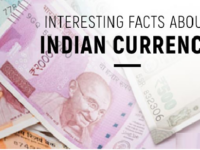


















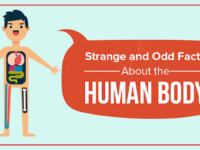



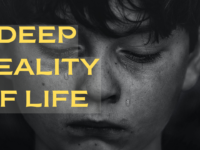

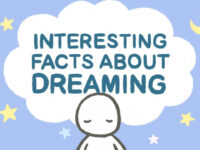


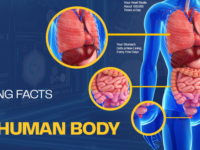





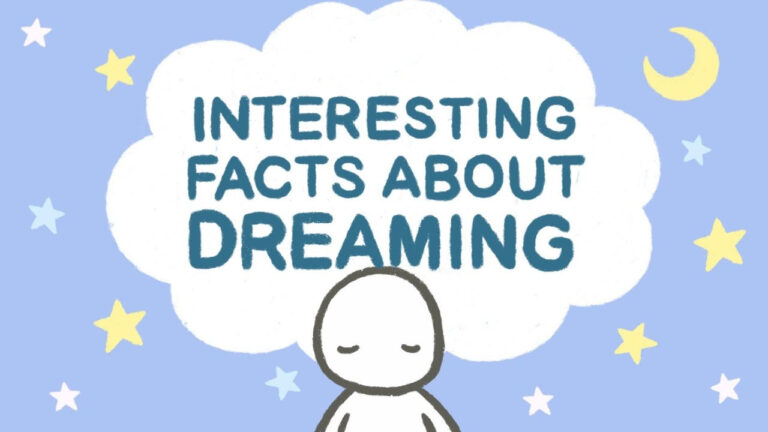
0 Comments